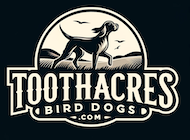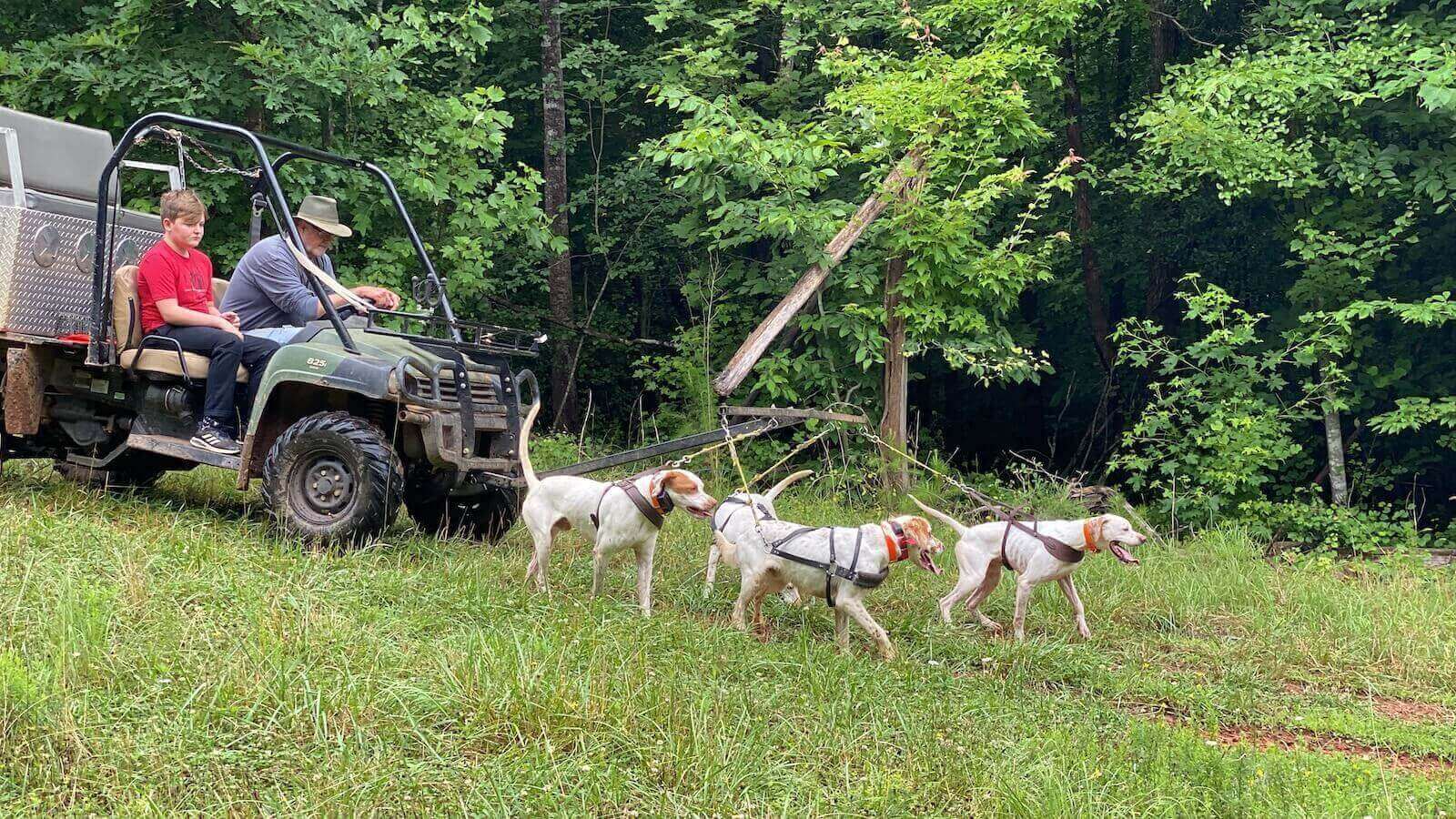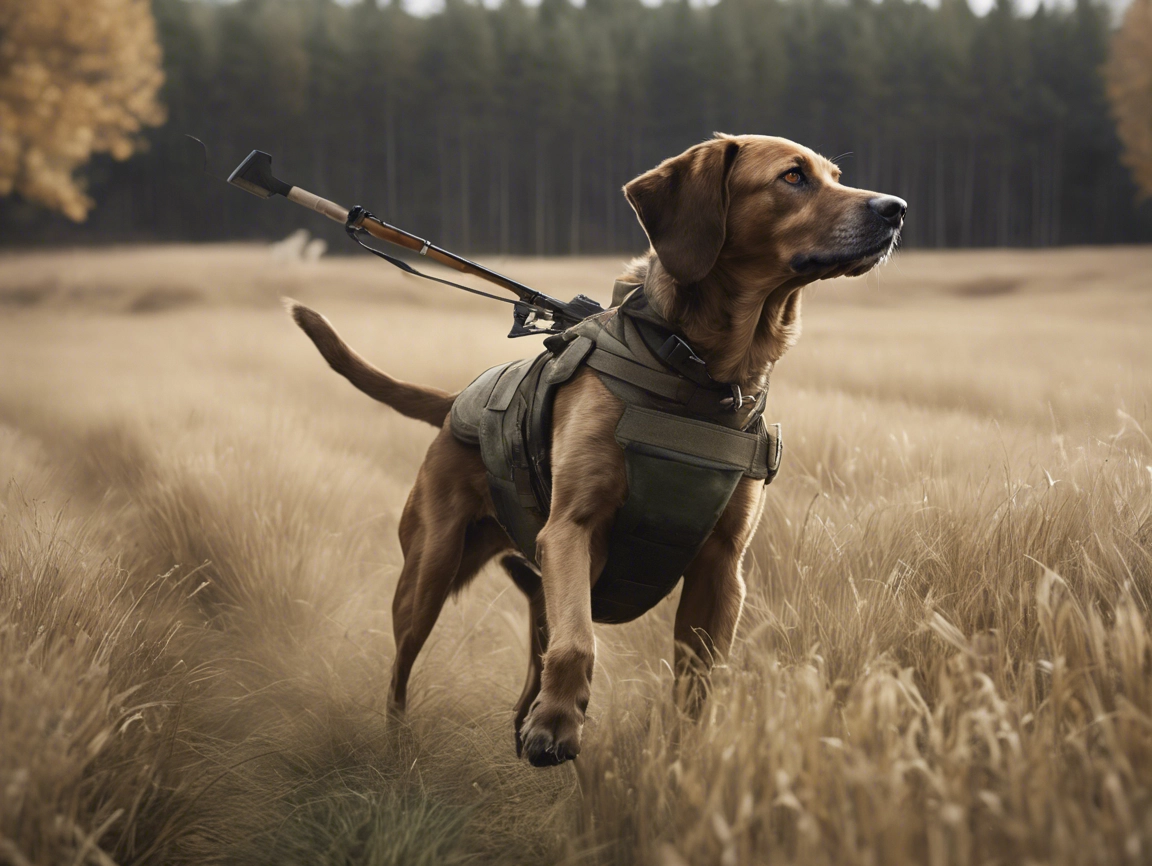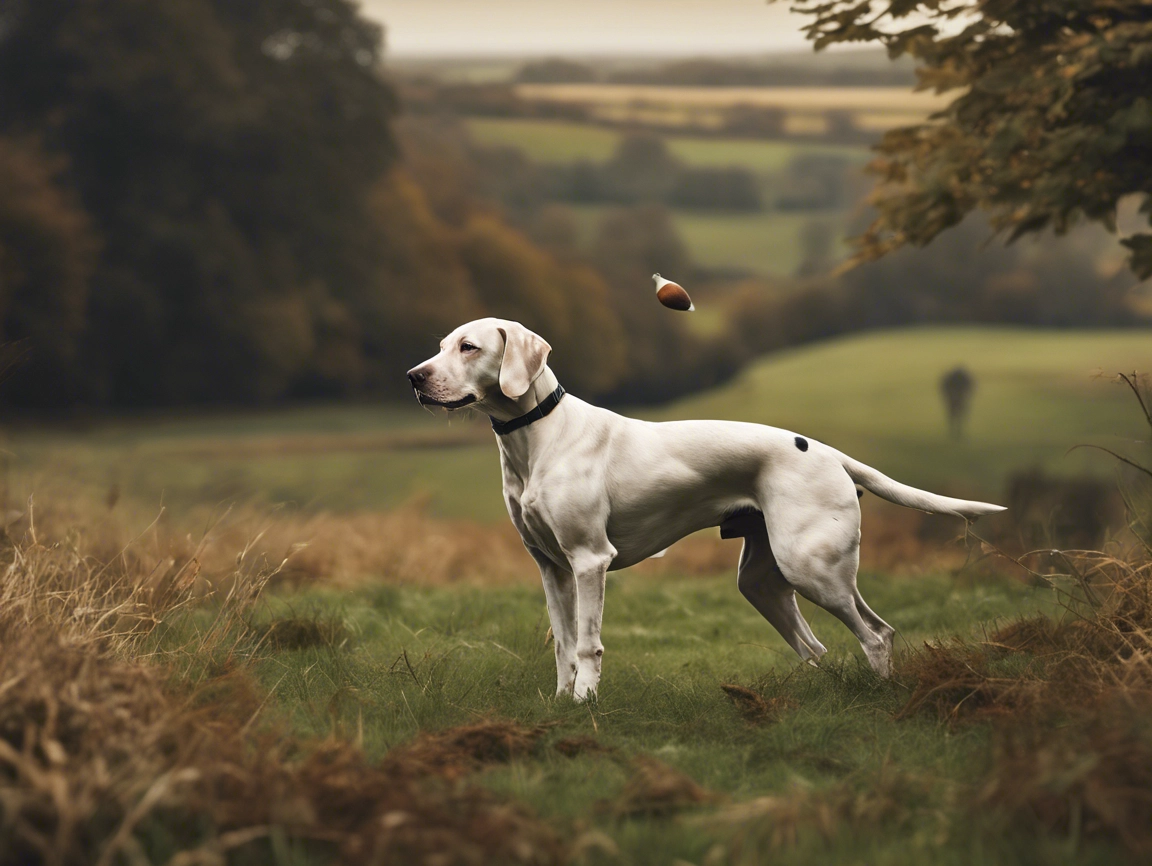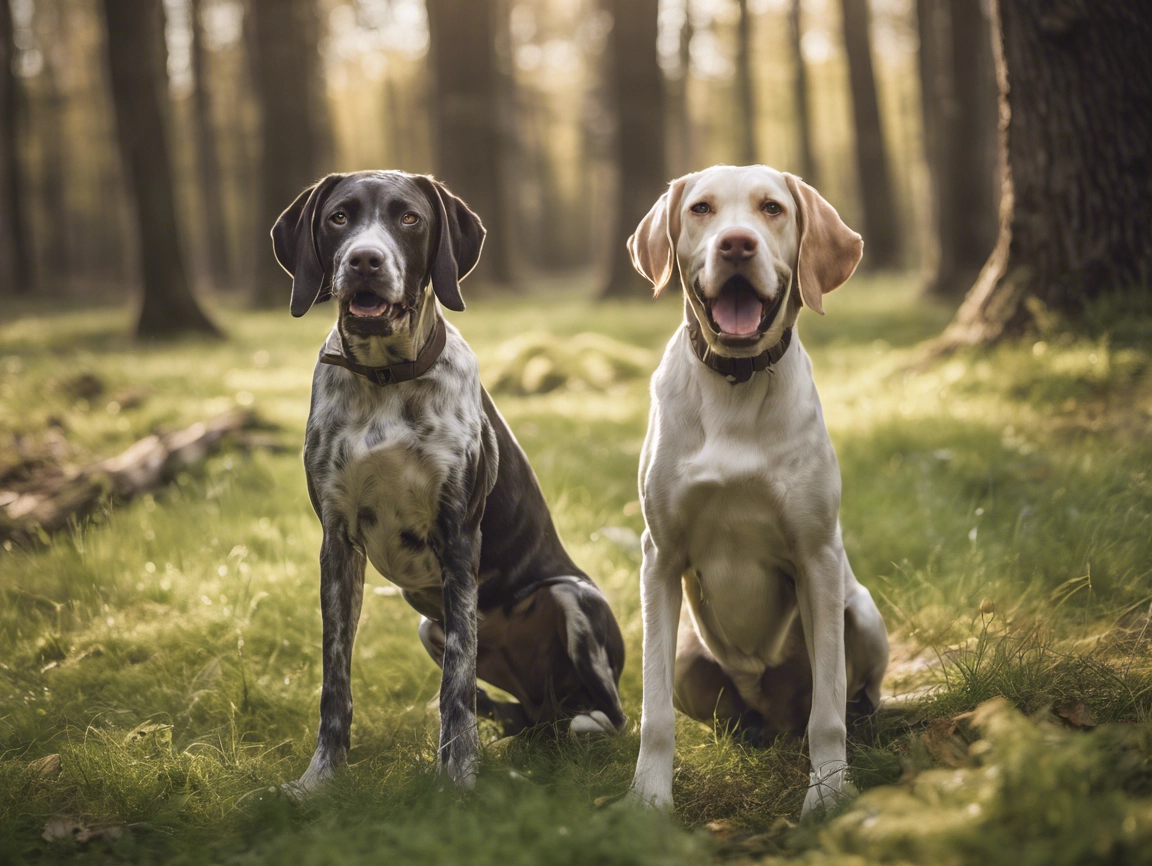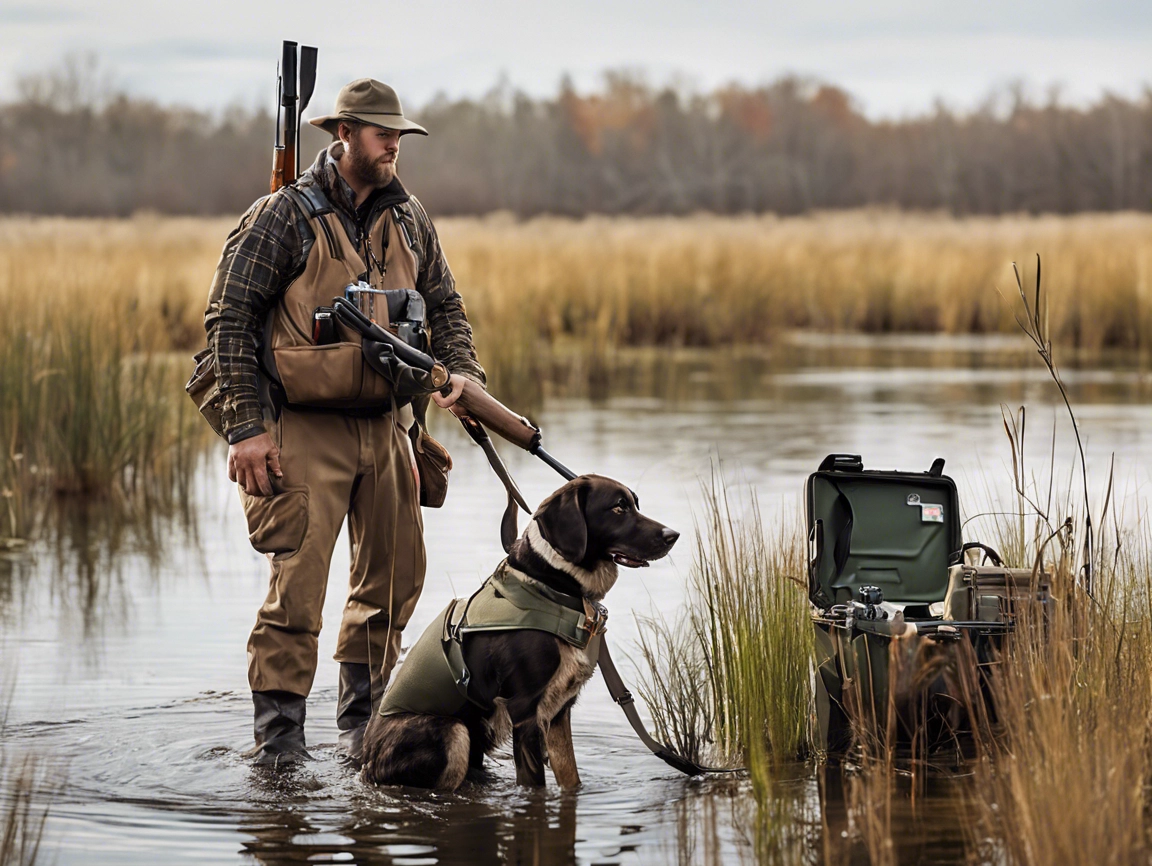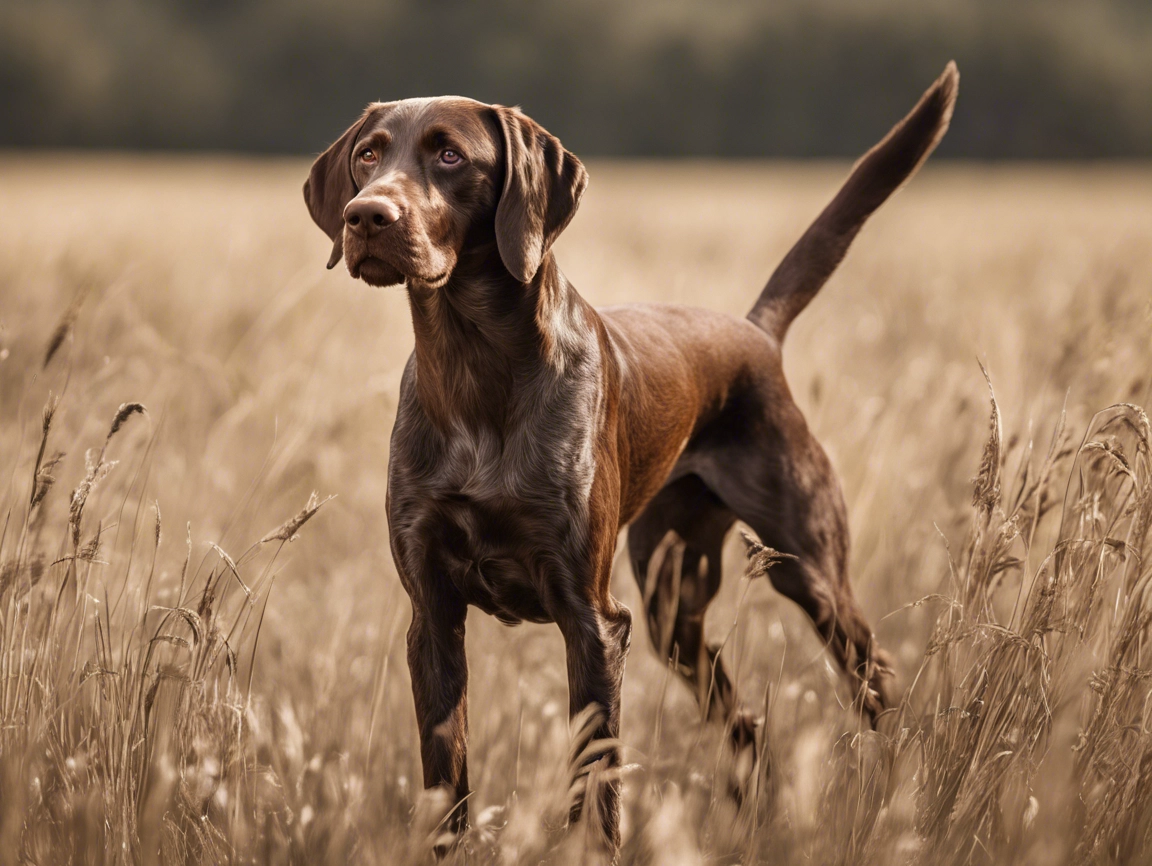Field trials offer an exciting and rewarding way to showcase your bird dog’s natural abilities and hard-earned skills. At Tooth Acres Bird Dogs, we’ve developed a comprehensive training program that takes Pointers, Setters, and Spaniels from young pups to skilled competitors in field trials. Whether you’re just starting or looking to refine your approach, this guide will help you prepare your dog to shine in competitive events.
Introduction to Field Trials
What Are Field Trials?
Field trials are competitive events designed to test a bird dog’s natural instincts and training. They simulate real hunting conditions, assessing dogs on their ability to find, point, flush, or retrieve game. In addition, dogs are evaluated for their obedience and overall performance, allowing you to gauge their progress in a controlled setting.
Why Participate?
Participating in field trials provides an opportunity to showcase your dog’s skills while enhancing those abilities in a competitive environment. Field trials can help refine your dog’s instincts and build a stronger bond between you and your companion, ultimately making them a better hunting partner.
Choosing the Right Puppy
Selecting a Breed for Field Trials
Choosing the right breed is crucial for your success in field trials. Different breeds bring distinct strengths, so it’s important to understand which breed fits your specific needs.
- Pointers: Known for their excellent scenting ability and drive to locate and point game birds, Pointers are high-energy dogs that excel in pointing trials.
- Setters: Setters, including the English, Irish, and Gordon Setter, are known for their graceful pointing abilities and their keen sense of smell, making them versatile in field trials.
- Spaniels: Spaniels, such as English Springer Spaniels and Cocker Spaniels, are flushers, skilled at locating and flushing birds from thick cover.
Evaluating Breeding Lines
It’s essential to select a puppy from a reputable breeder with a history of producing successful field trial competitors. Look for breeders who prioritize health, temperament, and performance in field trials. Health clearances and a proven track record are critical for ensuring a puppy has the potential to succeed.
Early Development (8 Weeks to 6 Months)
Socialization
Early socialization is crucial to your puppy’s development. Expose them to various environments, people, and animals to help them become well-rounded and confident. This early experience will make your dog more adaptable and comfortable in different settings, which is key in field trials.
Basic Commands
Start with essential commands like “sit,” “stay,” and “come,” using positive reinforcement techniques. A solid foundation in obedience is critical for future training.
Introduction to Birds
Introduce your puppy to birds gradually. Use controlled bird interactions to stimulate their natural hunting instincts. Playing with bird wings can also help build interest and excitement for the field.
Basic Obedience Training
Incorporate positive reinforcement consistently to build obedience. Make sure the puppy responds reliably to basic commands before progressing to more complex tasks.
Formal Training (6 Months to 1 Year)
Field Introduction
Begin field training in open, safe areas where your puppy can become familiar with the sights, sounds, and smells of the field. Sensory acclimatization is essential as it helps your dog adjust to different terrains and weather conditions.
Developing Pointing and Flushing Skills
- Pointers and Setters: Use planted birds to encourage pointing behavior. Reward your dog when they display the correct pointing stance.
- Spaniels: Train Spaniels to work close and respond to the “flush” command when a bird is located.
Gun Acclimatization
Start by introducing your dog to the sound of gunfire gradually. Begin with distant shots and work your way closer. It’s important to create a positive association between the gunfire and retrieving tasks to build confidence.
Advanced Training (1 Year and Older)
Steady to Wing and Shot
Teach your dog to remain steady when the bird flushes and the gun is fired. Use a combination of check cords and positive reinforcement to reinforce this steady behavior.
Retrieving Training
Foster your dog’s natural retrieving instincts by using training dummies and gradually introducing real birds. Encourage consistent retrieval by rewarding correct behaviors and ensuring they return the bird to hand.
Honoring Other Dogs
Teach your dog to honor another dog’s point or flush by maintaining their position until the other dog completes its work. Practicing honoring in controlled settings will help develop reliability.
Field Trial Preparation
Simulated Trials
Conduct mock field trials to help your dog become familiar with the format and expectations of real competitions. These practice runs will help refine your dog’s response to commands and their ability to perform under trial conditions.
Fitness and Conditioning
Field trials require peak physical performance. Keep your dog in top shape through regular exercise to build endurance and stamina. Physical conditioning is just as important as mental training to ensure your dog excels in field trials.
Final Testing and Fine-Tuning
Before entering an official field trial, test your dog’s skills under various field conditions. Fine-tune any areas that need improvement, such as consistency, precision, and reliability, to ensure your dog is ready to perform at their best.
Conclusion
Training a bird dog for field trials is a fulfilling and rewarding process that requires patience, consistency, and dedication. By following this comprehensive training program, you’ll help your bird dog reach their full potential. Whether you’re preparing for a local trial or aiming for higher-level competition, remember that every dog is unique. Be ready to adjust training based on your dog’s individual needs and progress. With the right preparation, your dog will be well-equipped to shine in the field.
